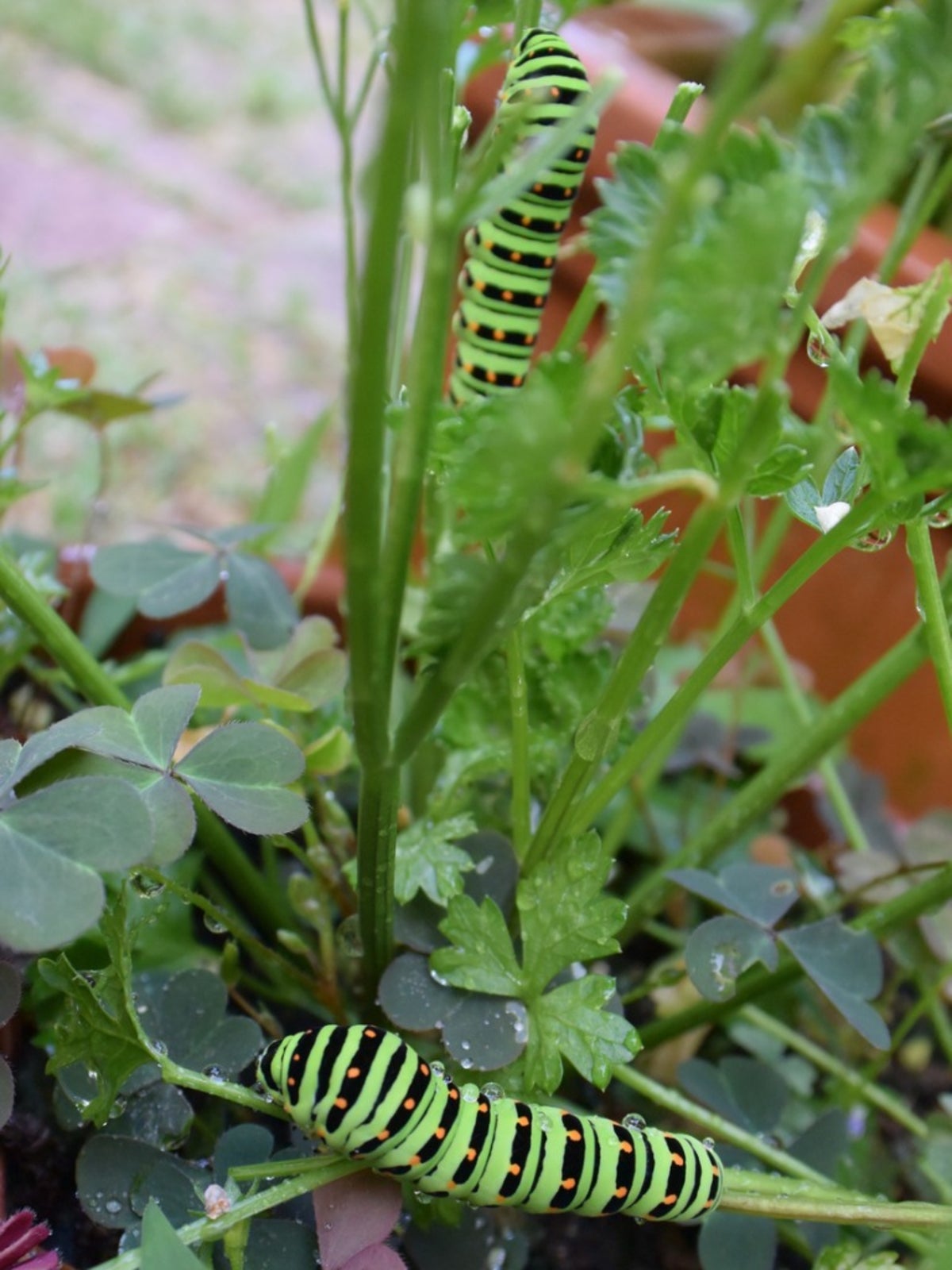Container Garden Pest Control - Dealing With Pests In Containers


Gardening with pots and other containers is a fun way to add greenery to any space. Container garden pest control is one of the biggest care issues with potted plants. A few bugs can transform into an army of annoyances in just a week or less. So before you commit to your next container gardening project, arm yourself with a little knowledge. Keep an eye out for common container garden pests and find out what to do at the first sign of invasion.
How Do You Get Pests in Containers?
Container plant pests can come in many different ways. They may come in the nursery pot where the plant originated. They may show up in reused potting soil or soil used from the garden. Interestingly, they can also occur from infected fruits and vegetables. In the outdoors, insects are plentiful and looking for food and habitation. Often your plants provide ideal accommodations and forage.
An unclean, previously used container may also harbor insect pests. In these many ways, container plant pests will colonize and become a real nuisance to you, and also can seriously damage your plants. Once they set up housekeeping, it can be a real chore to evict many types of insects.
Varieties of Container Garden Pests
One of the more common types of container pest problems is from fungus gnats. They are very tiny and hard to see, but in bright light you can see them flitting around the soil of your plant. The insects lay their eggs in soil, where larvae hatch. Larvae eat roots and material at soil level. Other typical pests in containers are:
- mealybugs
- aphids
- scale
- ants
- nematodes
- white fly
- spider mites
- pillbugs
- leafminers
- springtails
- thrips
Easy Container Garden Pest Control
Bringing heavy toxins into the home can be bad for your health, so it is best to rely on non-toxic controls. Using an insecticide with neem oil, bacillus thuringiensis, or pyrethrins is a safe way to combat insect invaders. Insecticidal soaps are also useful.
You can also make your own concoctions. Herb oils repel many bugs. Strongly scented and flavored oils like peppermint or clove provide good deterrent action. A hot pepper spray repels many insects. Rubbing alcohol applied with a cotton swab will kill on contact many soft bodied insects.
For an all-purpose spray, mix together a bit of cooking oil and dish soap to water. Add in herb oil, pepper, or garlic to make it more effective.
Sign up for the Gardening Know How newsletter today and receive a free copy of our e-book "How to Grow Delicious Tomatoes".

The only child of a horticulturist and an English teacher, Liz Baessler was destined to become a gardening editor. She has been with Gardening Know how since 2015, and a Senior Editor since 2020. She holds a BA in English from Brandeis University and an MA in English from the University of Geneva, Switzerland. After years of gardening in containers and community garden plots, she finally has a backyard of her own, which she is systematically filling with vegetables and flowers.